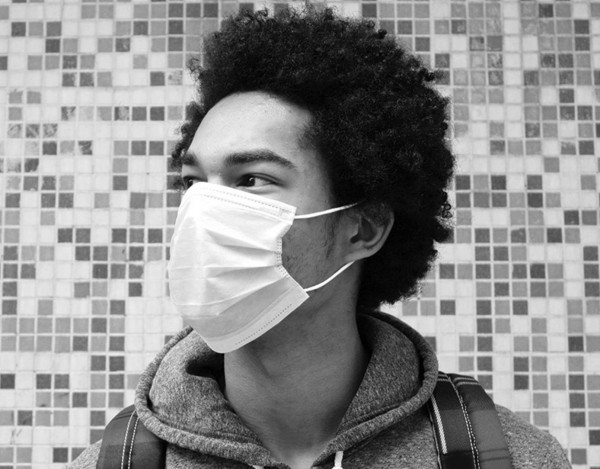How college students can confront returning to campus

The world’s response to the outbreak of the COVID-19 virus left no aspect of life untouched. People from all walks of life had to make sacrifices to prevent the spread of the potentially deadly virus, and college students were no exception.
Many colleges and universities abruptly canceled in-person classes in mid-March 2020, forcing students to finish their coursework via remote learning. That response had a significant impact on the 2019-20 school year, and the virus figures to affect the upcoming school year just as much. In fact, many colleges and universities are beginning the coming school year early in the hopes that students can continue their educations on campus but be safely back home by late November, when many scientists are anticipating a second wave of COVID-19 infections will arrive.
Schools that are reopening this summer insist that it is safe to do so, and have even indicated their intentions to implement new practices to ensure their campuses are safe and healthy environments in which to learn. For example, the University of North Carolina at Chapel Hill is reconfiguring inperson course instruction to include physical distancing provisions. Small classes will meet in larger spaces, while lectures may be delivered remotely.
Despite such measures, some students may still be hesitant to return to campus at a time when so much about the COVID-19 virus remains a mystery. The following are some ways students can confront any nervous feelings they may have about returning to campus for a new school year.
• Determine your options. While many colleges and universities are returning to campus, some may be allowing students to learn remotely. For instance, students with preexisting conditions that make them vulnerable to COVID-19 may be allowed to continue learning from home. Many schools’ roadmaps to returning are fluid, so students concerned about returning to campus likely have options that do not require them to sit out the semester.
• Learn about residential life. Many college students live in dorms that feature double or even triple occupancy rooms. Such an environment will compromise students’ ability to practice social distancing. Some schools, including Binghamton University in New York, are converting triple occupancy rooms into double occupancy. Both Binghamton and UNC Chapel Hill also are designating one residential hall as temporary housing for students who test positive for COVID-19. In addition, some schools may be designating certain residential facilities for at-risk students. Students who want to avoid the dorms should inquire about off-campus, single-person housing.
• Ask about testing. Students have a right to know about COVID-19 testing protocols and should not hesitate to ask what those protocols will be. Due to the fluid nature of schools’ roadmaps to return, testing policies may not yet be set in stone, and are likely to evolve as the school year progresses. Students should look into the testing policy specifics and ask if they have any recourse if they feel the testing policy is inadequate.
Students who are hesitant to return to campus this summer or fall can do their due diligence to determine if they’re comfortable going back to campus.

